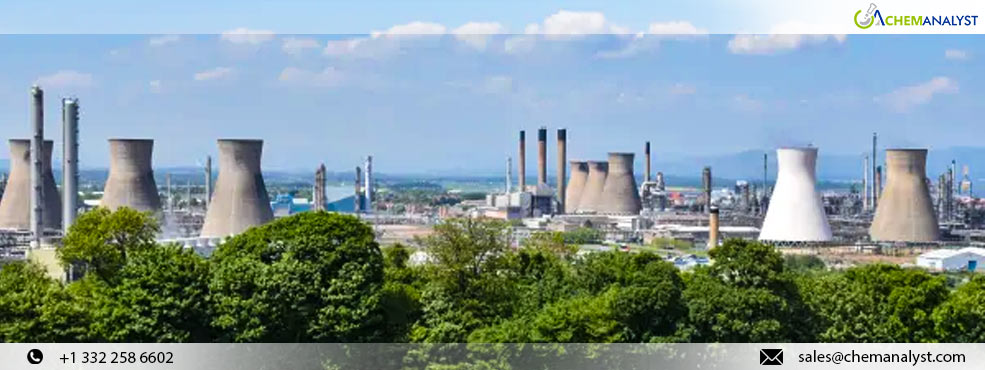Welcome To ChemAnalyst

INEOS O&P UK is announcing today its proposal to cease operations at the Ethanol Plant located in Grangemouth by the first quarter of 2025. This strategic decision initiates discussions with employees and trade unions in Grangemouth regarding the proposed closure.
The decision to halt operations at the Ethanol Plant comes after a thorough review process and is driven by a decline in ethanol demand across Europe, coupled with increased competition from ethanol imports from other regions. As a result, the ethanol business at Grangemouth has experienced losses over the past few years.
Shutting down any facility poses inherent challenges, and INEOS has reached this proposal after careful analysis. Commencing consultations with company colleagues at this stage allows us to begin plans for redeployment and systematically implement the closure program. All employees in ethanol-related roles will be offered alternative opportunities within our organization. Additionally, INEOS customers will have the option to source ethanol supply from INEOS' alternative facility located in Herne, Germany.
Grangemouth currently houses one ethanol plant established in 1982. INEOS also operates another ethanol plant in Herne. The ethanol production process employs approximately 44 direct employees out of a total workforce of nearly 1000 in the INEOS O&P UK business.
Ethanol, widely used in the pharmaceutical, healthcare, and sanitizer industries, is synthetically manufactured by either adding water (steam) to ethylene or fermenting yeast cultures with sugars or starches to produce ethanol.
This facility is one of two owned by the company, the other being located in Herne, Germany. The manufacturing process for ethanol at this plant entails the reaction of ethylene with water and steam.
In the previous year, Ineos announced enhancements in efficiency at the Grangemouth ethanol plant following a comprehensive review of the production process. This review identified methods to diminish water consumption during conversion and steam usage during distillation. These modifications were estimated to reduce emissions by approximately 7,000 tonnes annually. Furthermore, they enabled operators to lower temperatures and pressures, extending operational periods between shutdowns required for catalyst regeneration.
Alongside the proposed closure of the Grangemouth ethanol plant, there are plans to cease operations at the adjacent Grangemouth refinery, which is slated to be transformed into a fuel import terminal. In November, Petroineos, a joint venture involving Ineos, announced the potential cessation of refining activities at the 150,000 barrels per day facility by 2025. This transition is anticipated to result in the loss of 400 out of the current 500 jobs at the refinery. During a government hearing held in December, the company stated that approximately 50 positions will be necessary for the decommissioning and demolition process over a span of three years.
We use cookies to deliver the best possible experience on our website. To learn more, visit our Privacy Policy. By continuing to use this site or by closing this box, you consent to our use of cookies. More info.
